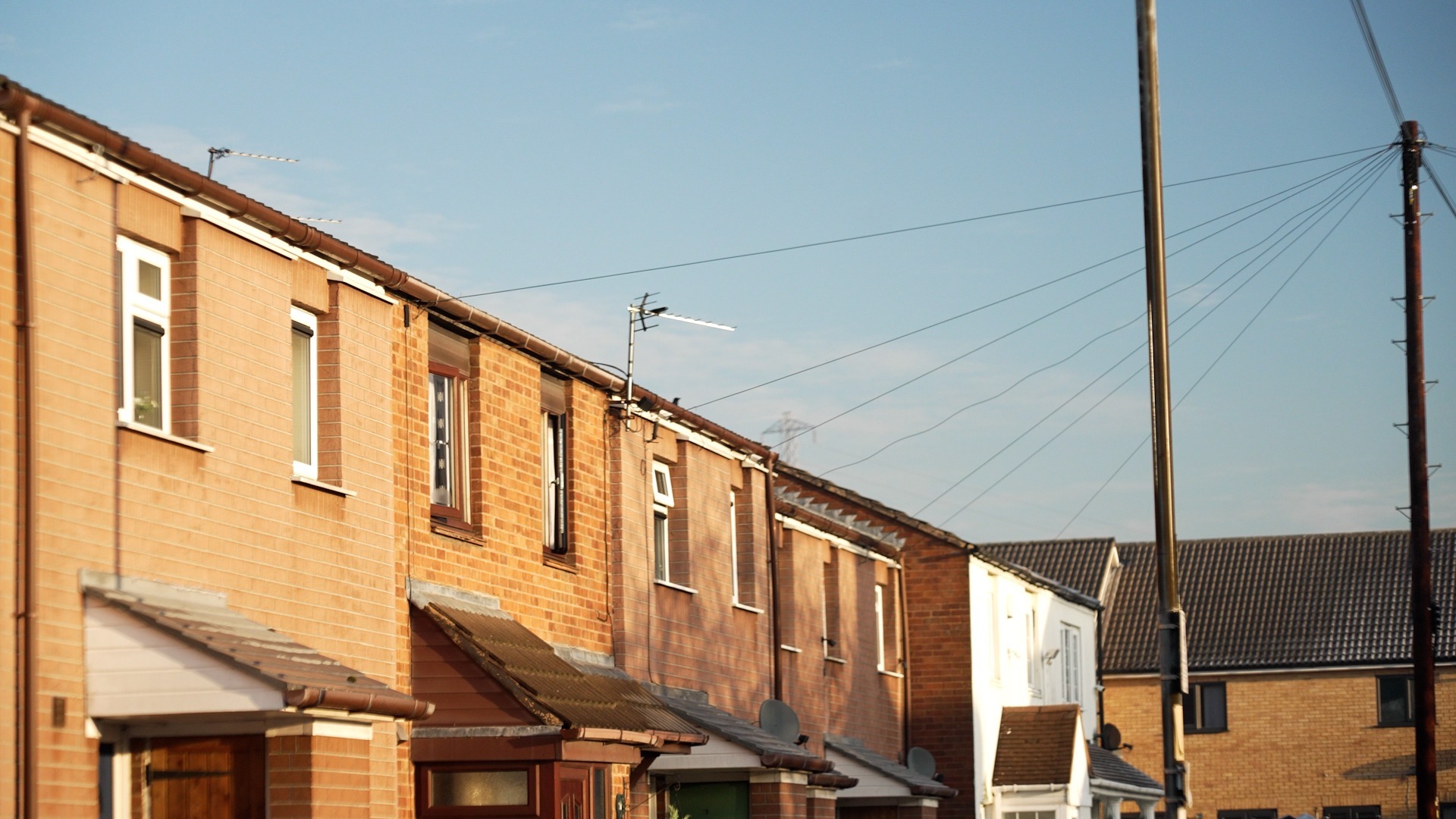
Your tenancy
When you move in to one of our homes you will sign a contract called a tenancy agreement. It explains what we will do as your landlord, and what you must do as a customer.
What is a tenancy agreement?
When you agree to rent one of our homes you will sign a contract called a tenancy agreement. It explains what we will do as your landlord, and what you must do as a customer.
Generally, tenancy agreements include information about:
- Your rights and responsibilities
- The services we will provide to you
- How your rent and any service charges are calculated
- How both us and you will keep your home in good repair
- How to make a complaint
Because there are many different types of tenancy agreement, you must refer to your own tenancy agreement for specific details relating to your tenancy.
If you breach your tenancy agreement you risk losing your home.

Here to help with your tenancy
Our priority is to keep customers feeling safe and secure in their homes. Your Community Housing Officer can provide guidance on any housing or tenancy issues.
Customer policies
Service standards
Right to Buy
The Right to Buy and Right to Acquire are government schemes which allow most tenants of social landlords to purchase their property at a discounted price.
If this is something you are interested in please contact us, but first you might want to check if you are eligible.

FAQs
What is a tenancy agreement?
- Your rights and responsibilities
- The services we will provide to you
- How your rent and any service charges are calculated
- How both us and you will keep your home in good repair
- How to make a complaint
Because there are many different types of tenancy agreement, you must refer to your own tenancy agreement for specific details relating to your tenancy.
If you breach your tenancy agreement you risk losing your home.
How do I end my tenancy?
If you want to end your tenancy with us, sign in to manage your home online and visit ‘Thinking of ending your tenancy?’ under My tenancy. Or fill in a Notice to Quit form and follow the instructions at the bottom of the page. Alternatively you can call us on 0300 555 6666.
Please check your tenancy agreement for details of the amount of notice you need to provide.
How can I get help with my tenancy?
Our priority is to keep customers feeling safe and secure in their homes. Your Community Housing Officer can provide guidance on any housing or tenancy issues.
You can also contact us with any questions about your tenancy, or to request a copy of your tenancy agreement.
Can I ask someone else to manage my tenancy for me?
What is under-occupation?
Under-occupation is where a household is living in a home that has more bedrooms than it needs. Therefore the home is not occupied to its full capacity – or under-occupied.
We aim to make the best use of our homes. Where possible we try to avoid under-occupation so that we can provide customers with the most suitable homes for their needs. To do this we use a calculation to work out how many bedrooms a household requires. You can find this calculation in our Allocations policy.
Your Housing Benefit or Universal Credit could be reduced if you are living in an under-occupied home. Click here to read Citizens’ Advice guidance about the so-called ‘bedroom tax’.
What is overcrowding?
Overcrowding is when a household has fewer bedrooms than it needs to avoid sharing, based on the age, sex and relationship of the household members.
To prevent overcrowding we use a calculation to work out how many bedrooms a household requires. You can find this calculation in our Allocations policy.
If you believe you are living in an overcrowded home you may have housing options available to you. You can check your eligibility for our housing register and find out your options online by clicking here.
What is tenancy fraud and how do you deal with it?
- Deliberately providing false information or withholding information as part of a housing application
- Subletting a home to someone else without our permission
- Giving false information as part of a Right To Buy application
